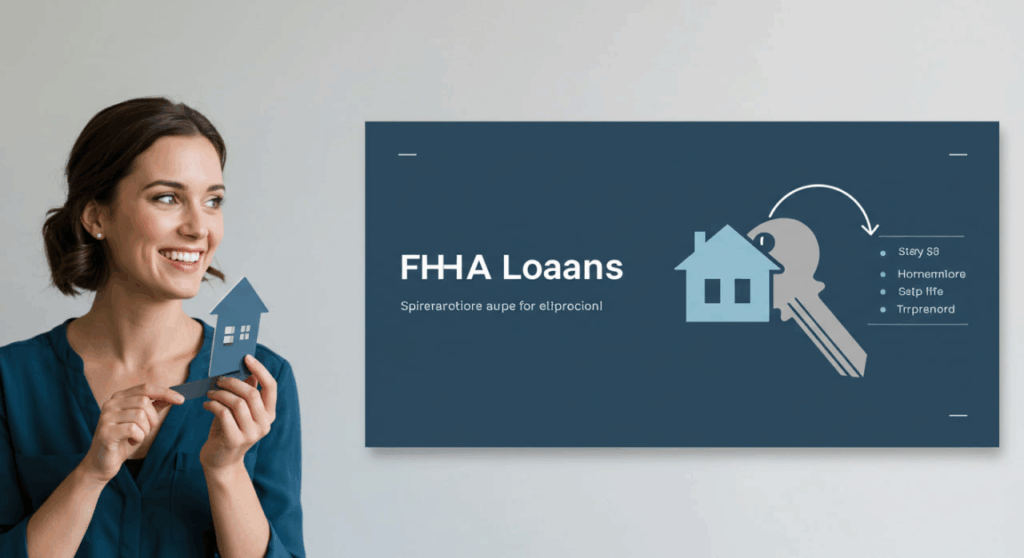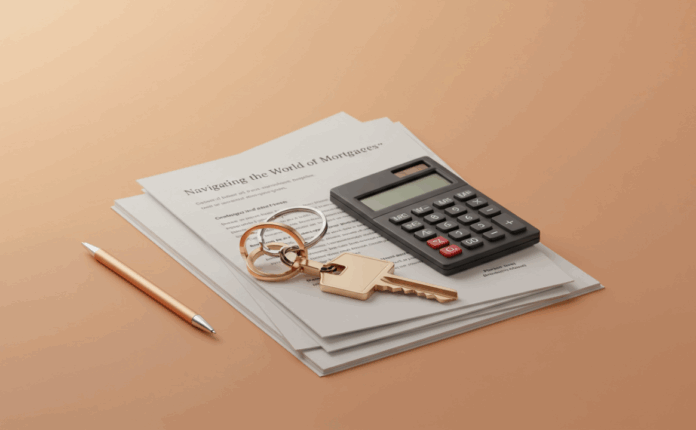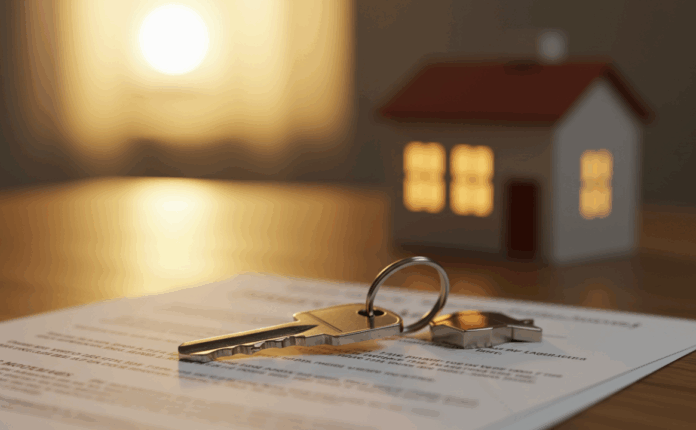Introduction
Buying your first home can be an exciting but daunting experience. One of the most effective ways to make this process smoother is by understanding your financing options. Among the many available choices, FHA loans stand out as a popular choice for first-time homebuyers and those with less-than-perfect credit. This guide will break down everything you need to know about FHA loans to help you determine if they’re right for you.
What is an FHA Loan?
An FHA loan is a mortgage insured by the Federal Housing Administration, a government agency. This insurance protects lenders against losses if you default on your loan, making it easier for borrowers with lower credit scores or smaller down payments to qualify. Unlike conventional loans, FHA loans have more lenient requirements, making homeownership more accessible to a wider range of people.
FHA Loan Requirements
While FHA loans are known for their flexibility, there are still requirements you must meet. These typically include a credit score check, debt-to-income ratio assessment, and proof of income. Learn more about the specific requirements to see if you qualify.
Down Payment & Closing Costs
One of the significant advantages of FHA loans is the possibility of a lower down payment. While a 3.5% down payment is common, you might need to pay a higher upfront Mortgage Insurance Premium (MIP) to compensate. This FHA resource will give you more details about closing costs and what to expect.

Mortgage Insurance Premiums (MIP)
FHA loans require Mortgage Insurance Premiums, which are paid to protect the lender. There’s an upfront MIP paid at closing and an annual MIP paid as part of your monthly mortgage payment. Understanding how MIP works is crucial for budgeting. Check out our MIP calculator to estimate the costs.
Credit Score & Debt-to-Income Ratio
Your credit score and debt-to-income ratio significantly influence your eligibility for an FHA loan. A higher credit score often results in better interest rates. Managing your debt effectively can also improve your chances of approval. Find ways to improve your credit score before applying for a loan.
The Homebuying Process with an FHA Loan
The process of buying a home with an FHA loan is similar to using a conventional loan but involves additional steps related to FHA appraisal and insurance requirements. Working with a mortgage broker can make this process easier. Find a reputable mortgage broker here.
Advantages and Disadvantages
FHA loans have many advantages, including lower down payments and more lenient credit requirements. However, there are also disadvantages, such as paying MIP and potentially higher interest rates compared to conventional loans. Weighing these factors is crucial before making a decision. Read independent reviews of FHA loans here.
Conclusion
Choosing the right mortgage is a crucial step in the homebuying process. FHA loans offer a pathway to homeownership for many, but careful consideration of requirements and costs is essential. By understanding the nuances of FHA loans, you can make an informed decision that aligns with your financial situation and homeownership goals.
Frequently Asked Questions
What is the minimum credit score required for an FHA loan? While there’s no set minimum, a higher score improves your chances significantly. Lenders typically prefer scores above 500.
How much can I borrow with an FHA loan? The loan amount is determined by several factors, including your income, credit score, and the appraised value of the home.
What are the closing costs associated with an FHA loan? Closing costs vary but typically include appraisal fees, lender fees, and MIP.
How long does it take to get approved for an FHA loan? The approval process can take several weeks, depending on the lender and the completeness of your application.
Can I use an FHA loan to buy any type of property? Generally yes, but there are limitations on the types of properties that qualify (e.g., multi-family homes).



